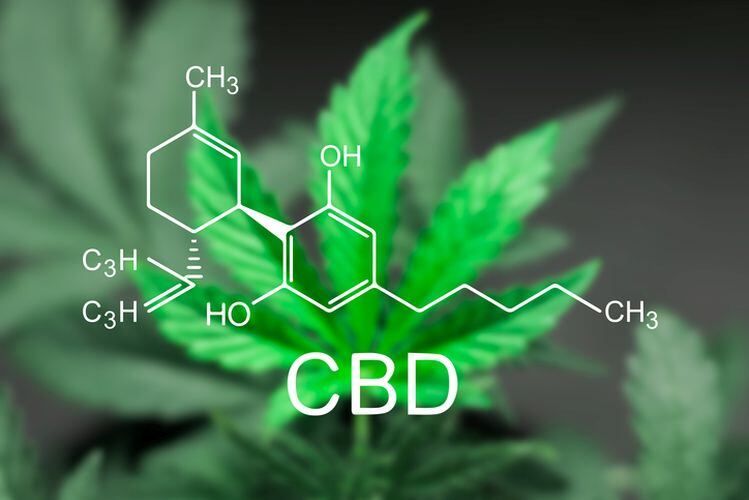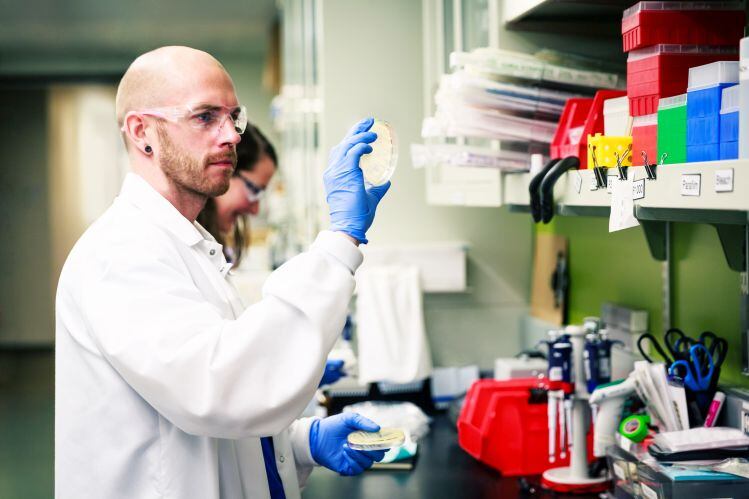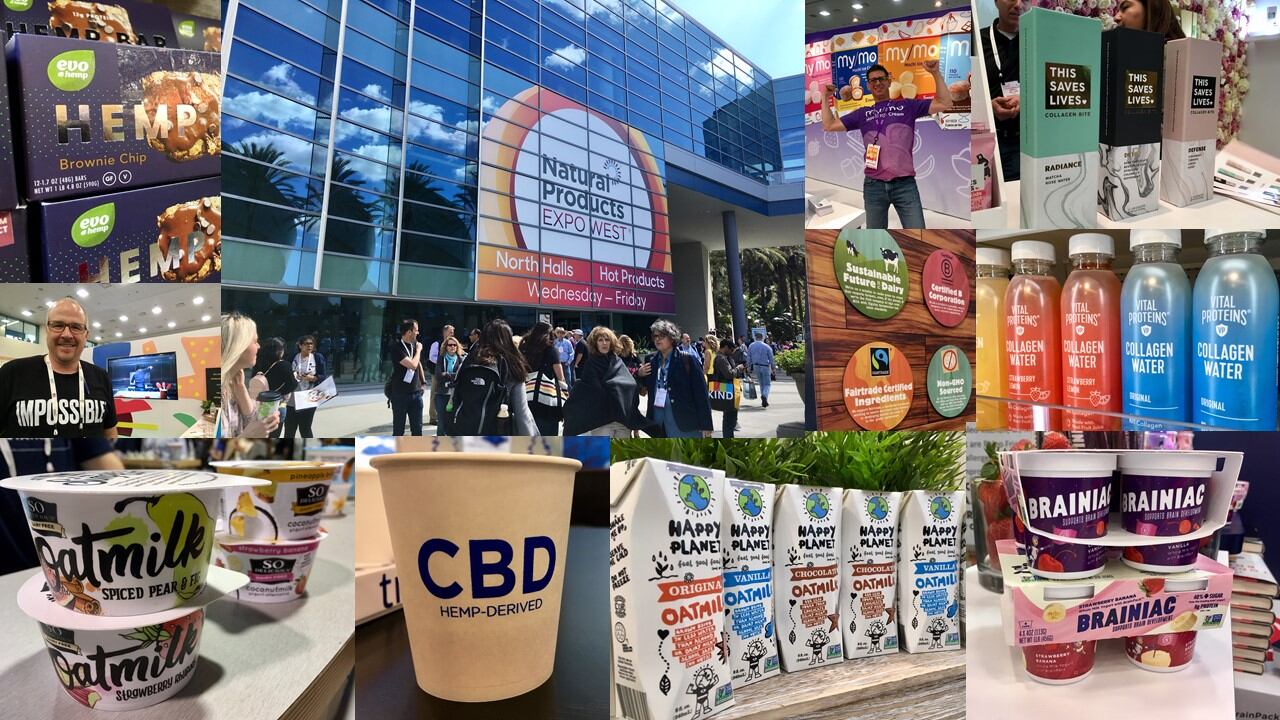The news follows a string of announcements from firms also developing platforms to biosynthesize cannabinoids via fermentation including Demetrix, Librede; InMed Pharmaceuticals; Hyasynth, which is working with Organingram; Gingko Bioworks, which is working with Cronos Group; and Aurora Cannabis, which recently acquired Anandia Labs.
Yeast and other microbes are increasingly being used as production platforms for sweeteners, flavors, colors and proteins via fermentation because the approach is more efficient - and sustainable – than raising animals or devoting vast tracts of land to growing plants in order to extract molecules that might only be found in the plant in microscopic quantities.
Higher yields, consistent purity, lower cost
Amyris, for example, has studied how the stevia plant creates the sweet-tasting steviol glycoside Reb M and reverse engineered the process by taking the same genes that ‘instruct’ the plant to make Reb M and inserted them into a yeast. This then eats sugars in a big fermentation tank and produces Reb M. (While the yeast is genetically engineered, there is no yeast in the final product.)
The same process can effectively be applied to produce CBD and other cannabinoids, said Amyris CEO John Melo, who told FoodNavigator-USA that the final product is Non GMO because none of the yeast is present in the final product: "And as important, the feedstock for fermentation is not derived from a GMO crop."
LAVVAN CEO Etan Bendheim added: “We look forward to bringing the highest quality, best value cannabinoids to the market, beginning with CBD by early next year.”
Cannabinoids derived from fermentation are anticipated to have several significant benefits over those extracted from hemp plants, said Amyris, including consistent purity and dosage, improved yield of economically difficult-to-source, rare cannabinoids, 100% free from pesticides, and less water and land usage, said Melo.
"[This method delivers] a significant cost advantage, sustainability, purity and consistency of the product and no need for pesticides or other chemicals that can impact the final product profile.
"Every market where we’ve entered as a natural alternative to a plant derived material, we became the market share leader in less than 36 months. The advantages are clear and necessary for any large brand application. However, we believe the plant material is very important and will continue to serve certain niche markets that can handle the inconsistent profile and don’t mind the impurities.
He added: "We do expect to be the first to market based on what we know about the progress of others."

“Based on our known success in bringing fermentation-based products to market and our demonstrated expertise in producing plant compounds in yeast, we have high confidence in achieving the partnership goals.”
Joel Cherry, president of R&D, Amyris
Significant scale
Under a deal signed this week for cannabinoid development, licensing and commercialization, LAVVAN will be responsible for the global manufacture and commercialization of the cannabinoids, while Amyris will contribute its R&D expertise, said the firm in a press release.
“Cannabinoids are closely related to terpenes, an area in which Amyris has substantial experience and expertise. Because of this prior terpene work, Amyris has completed a significant portion of the development steps toward the cannabinoid pathways.”
CEO John Melo added: “Our partner believes that we are the only company with the capability to globally commercialize CBD and bring cannabinoid products to consumer brands at a scale and consistency that will enable several product categories to achieve success at scale in delivering what consumers are seeking – a natural, sustainably-sourced cannabinoid product that improves quality of life and health.”
The legal status of CBD
While CBD isolates are not considered legal ingredients for foods, beverages and supplements until the FDA lays out a regulatory pathway, some brands are nevertheless actively marketing products containing pure CBD, such as beverage brand Sweet Reason, which claims that “pure CBD isolate creates a consistent, high quality product every single time.”
Most brands promoting CBD at the recent Natural Products Expo West show, however, used hemp extracts (which contain other cannabinoids as well as CBD, plus terpenes and other substances).
This is in part because they feel they are on safer legal ground as the FDA has not opined on hemp extracts specifically, but also because of the so-called 'entourage effect' (hemp extract fans claim there are benefits from the synergistic interaction of the cannabinoids, flavonoids, terpenes, and fatty acids in a broad spectrum extract as opposed to CBD alone).
However, there are advantages to producing pure CBD, said Melo: "What we hear from the brands is a desire for high purity so they can decide a blend, if any. I believe this [the decision by many firms to use broad spectrum extracts] is positioning due to the cost and complexity of producing high purity CBD from the plant material."
What will the FDA do next?
The FDA may “ultimately choose to undertake rulemaking to authorize the use of CBD in foods and dietary supplements,” Wiley Rein special counsel Brian Sylvester told FoodNavigator-USA in a recent interview. However, this could take years.
“As an interim action—to facilitate the immediate commercialization of CBD-added products nationwide—FDA could choose to issue a formal policy statement indicating that it will not enforce the prohibition on foods and dietary supplements containing CBD," he speculated.
He added: “As part of the regulatory conversation around establishing a lawful pathway for CBD, stakeholders and FDA will likely discuss the precise method for establishing safety, i.e., GRAS determination, food additive petition or New Dietary Ingredient Notification (NDIN).”
Asked whether the regulatory uncertainty over CBD gave him pause, Melo said: "We believe this is the biggest unknown and are actively engaged in the regulatory process."
Quizzed on whether the plan is to put together a GRAS determination for the ingredients in question, he said: "We are working with LAVVAN regarding the best regulatory path based on guidance from the expected FDA framework."

The deal with LAVVAN Inc - which was "formed by a group of industry leaders across the pharmaceutical, cannabis, and financial sectors" – features $300m of R&D and milestone payments plus long-term royalties, says Amyris:
"Based on its expected development timeline, Amyris believes it can earn a significant portion of these milestone payments by the end of 2020, with $20-30m anticipated in 2019, including a $10m milestone payment that is expected to be recognized later this month."


